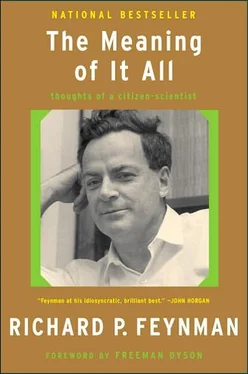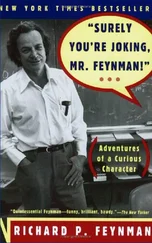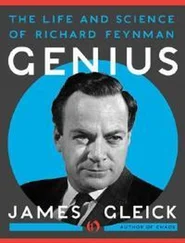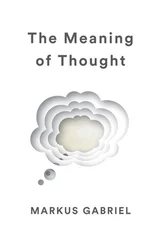Now, if I look to the future, I should talk about the future development of mechanics, the possibilities that will arise because we have almost free energy when we get to controlled fusion. And in the near future the developments in biology will make problems like no one has ever seen before. The very rapid developments of biology are going to cause all kinds of very exciting problems. I haven’t time to describe them, so I just refer you to Aldous Huxley’s book Brave New World, which gives some indication of the type of problem that future biology will involve itself in.
One thing about the future I look to with favor. I think there are a lot of things working in the right direction. In the first place, the fact that there are so many nations and they hear each other, on account of the communications, even if they try to close their ears. And so there are all kinds of opinions running around, and the net result is that it’s hard to keep ideas out. And some of the troubles that the Russians are having in holding down people like Mr. Nakhrosov are a kind of trouble that I hope will continue to develop.
One other point that I would like to take a moment or two to make a little bit more in detail is this one: The problem of moral values and ethical judgments is one into which science cannot enter, as I have already indicated, and which I don’t know of any particular way to word. However, I see one possibility. There may be others, but I see one possibility. You see we need some kind of a mechanism, something like the trick we have to make an observation and believe it, a scheme for choosing moral values. Now in the days of Galileo there were great arguments about what makes a body fall, all kinds of arguments about the medium and the pushes and the pulls and so on. And what Galileo did was disregard all the arguments and decide if it fell and how fast it fell, and just describe that. On that everybody could agree. And keep on studying in that direction, on what everyone can agree, and never mind the machinery and the theory underneath, as long as possible. And then gradually, with the accumulation of experience, you find other theories underneath that are more satisfactory, perhaps. There were in the early days of science terrible arguments about, for instance, light. Newton did some experiments which showed that a light beam separated and spread with a prism would never get separated again. Why did he have to argue with Hooke? He had to argue with Hooke because of the theories of the day about what light was like and so on. He wasn’t arguing whether the phenomenon was right. Hooke took a prism and saw that it was true.
So the question is whether it is possible to do something analogous (and work by analogy) with moral problems. I believe that it is not at all impossible that there be agreements on consequences, that we agree on the net result, but maybe not on the reason we do what we ought to do. That the argument that existed in the early days of the Christians as to, for instance, whether Jesus was of a substance like the Father or of the same substance as the Father, which when translated into the Greek became the argument between the Homoiousions and the Homoousians. Laugh, but people were hurt by that. Reputations were destroyed, people were killed, arguing whether it’s the same or similar. And today we should learn that lesson and not have an argument as to the reason why we agree if we agree.
I therefore consider the Encyclical of Pope John XXIII, which I have read, to be one of the most remarkable occurrences of our time and a great step to the future. I can find no better expression of my beliefs of morality, of the duties and responsibilities of mankind, people to other people, than is in that encyclical. I do not agree with some of the machinery which supports some of the ideas, that they spring from God, perhaps, I don’t personally believe, or that some of these ideas are the natural consequence of ideas of earlier popes, in a natural and perfectly sensible way. I don’t agree, and I will not ridicule it, and I won’t argue it. I agree with the responsibilities and with the duties that the Pope represents as the responsibilities and the duties of people. And I recognize this encyclical as the beginning, possibly, of a new future where we forget, perhaps, about the theories of why we believe things as long as we ultimately in the end, as far as action is concerned, believe the same thing.
Thank you very much. I enjoyed myself.











